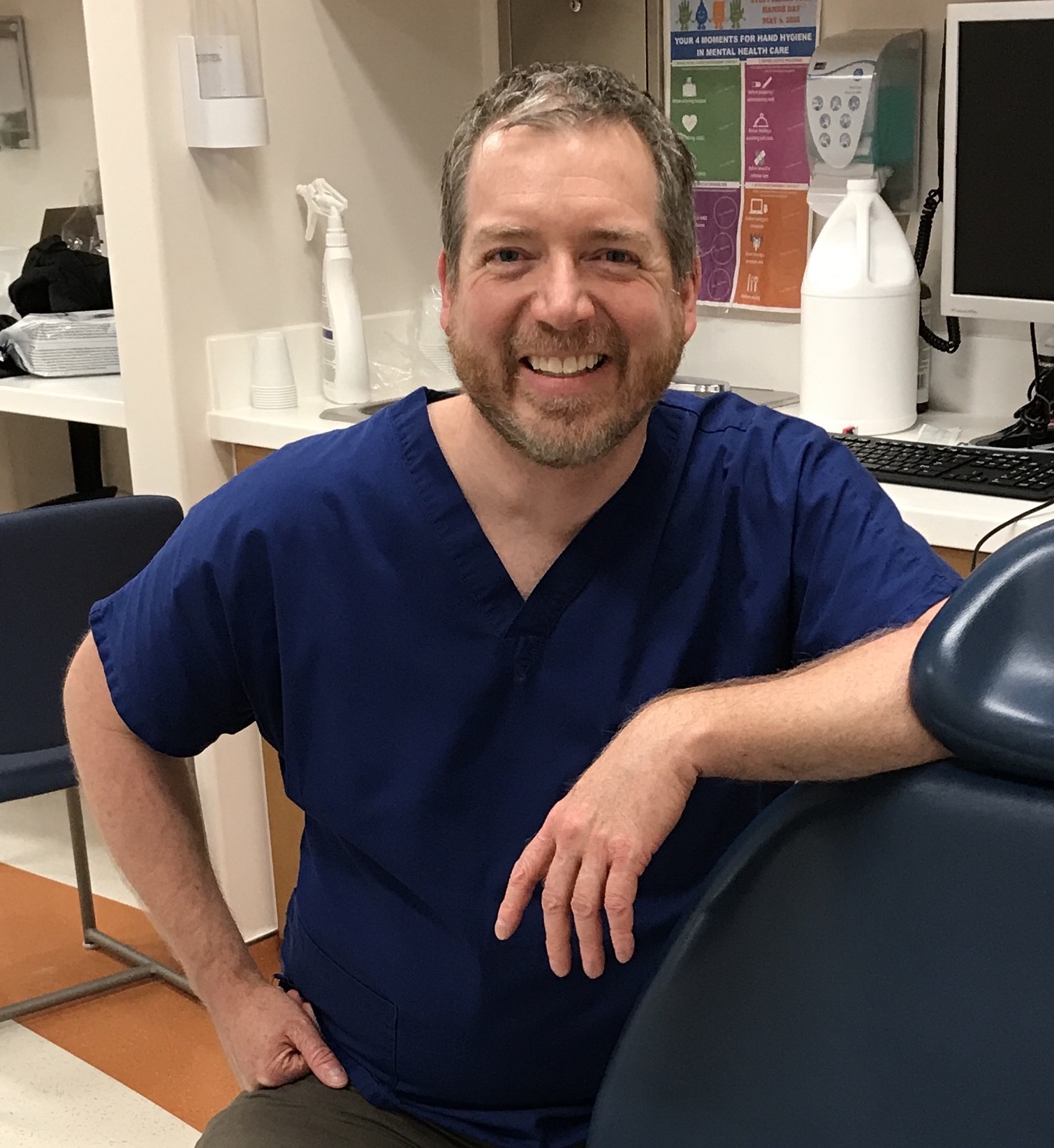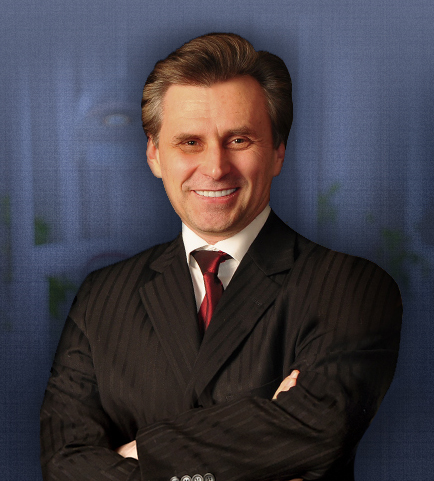
Getting technical
By Diane Peters
Very early one morning in 2015, James Younger 9T9 got a text from one of his hygienists. She would not be able to come into the office that day.
Nothing was open yet. It was too early to call a temp agency or other hygienists on his team.
“It is one of the most common and biggest sources of stress and frustration for dentists,” says Younger, who was running his own general dentistry practice in Oakville at the time.
Younger wished he could just tap on an app on his phone and get someone in so he could avoid cancelling his day of procedures, which would lose his practice up to $1,500 and upset patients who had arranged their day around getting dental work.
No such app existed. He mentioned the idea to friends who suggested it would be just like Uber, but for dental staff — Younger had not even heard of Uber at the time.
A year later, Younger was ready to launch TempStars, a digital temping service that allows dental offices to hire hygienists and dental assistants with a click or two.
It is now the top dental temp service in the country, working with over 3,000 dental offices and allowing about 8,000 hygienists and dental assistants to find work.

Younger’s startup has been a huge success for many reasons. He learned to code himself to understand how his app works and strategize about adding new features. “The bread is never baked,” he quips, noting that the company has added a job board in recent years and has more plans to better support staff and dentists.
But Younger and other dentistry alumni who have started companies have a fundamental leg up: they understand the market. They’re solving problems that truly exist, and are customizing their products and services to support dentistry in the real world.
For Boris Pulec 8T5, it was a real need that triggered the start of his company, Consult-PRO. Pulec graduated from the Faculty the same year dental implants became approved for use in Canada.
The Faculty held training sessions on how to use implants at that time. “The courses were for oral surgeons, but I was able to observe as a fourth-year student,” he says.
Once Pulec was established in practice, he began using implants. He noticed that explaining procedures using a traditional plastic model wasn’t enough.
He commissioned some videos to answer questions and show patients what implants looked like. “If they understood the treatment, they would say yes and go ahead with it,” he says. Providing the patient with the information to feel more comfortable with the procedure was key and as a result, he found himself doing a lot of implants.

Pulec found a business partner and together they launched Consult-PRO and created more videos, which they eventually moved to CD-ROMs and then to USB keys. Now, the company has scaled up considerably, offering about 800 cloud-based videos, and has expanded to offer practice management software and education software.
Today, Pulec continues to focus on product development and making sure Consult-PRO’s functionality helps dentists. “I spend most of my time in development because I’m still a practicing dentist.” As dean of students for the Vancouver and Toronto College of Dental Hygienists, he’s also keen to make sure the educational component of the company serves hygiene students. Addressing a challenge in practice is what it is all about.
Sara Rahman 0T9 had a challenge of her own: how to find the perfect location to start her own practice. With an investment of about half a million dollars at stake, seeking the perfect spot mattered.
In 2018, Rahman attended a seminar in Texas that supported dentists in launching their own practices. There, instructors stressed the importance of getting a good demographic analysis before choosing a location.
She asked about the best companies in Canada offering such a service; she was told most offered postal code analysis, which was an outdated and not overly accurate method. So-called drive-time analysis, however, shows a myriad of data regarding the radius around a location.
If no one was offering this type of analysis in Canada, Rahman reasoned she could do it. Abdullah Aman, a web developer and data engineer who runs his own company, coded a new platform that Rahman designed. In 2019, they launched ConfiDens Analytics. The owners of Breakaway Seminars, who run the startup training sessions Rahman attended in Texas, were instant fans of the product and started using it. “They say we’re more accurate, as we use higher quality data,” says Rahman. “They did a side-by-side comparison of the competition and found our product worked better.” ConfiDens also synchs up with Google, which lets people look around a neighbourhood for things like parking without having to visit.

Rahman works in dentistry in Mississauga and she and Aman run their company, which they formally launched in 2019, on the side. Clients can access various data points digitally and Rahman and Aman also talk directly to clients to help them understand their metrics.
Rahman herself runs the numbers constantly on a future new practice. “It helps me really narrow down my location choices,” she says.
She and Aman hope to grow their company to help other healthcare providers, not just dentists, assess possible locations.
Like other entrepreneurs in dentistry, Rahman’s motivation comes from her experience in the field and her understanding of what her colleagues want and need. “We just want to help people. Help them do their due diligence and make the best choices.”